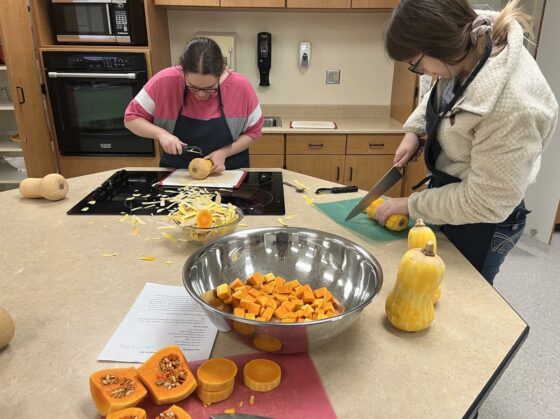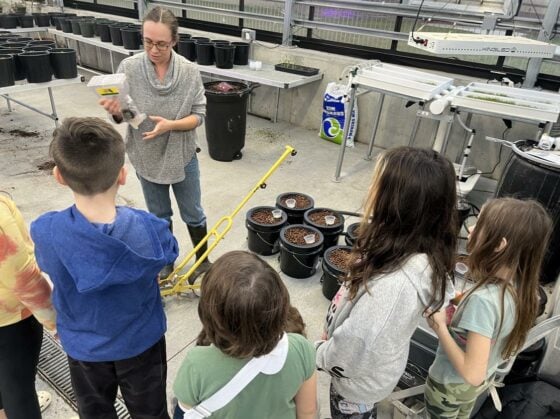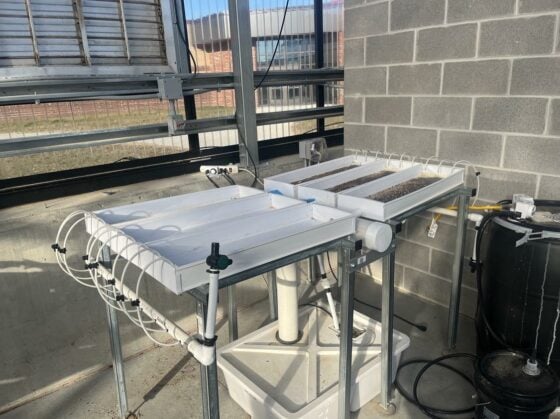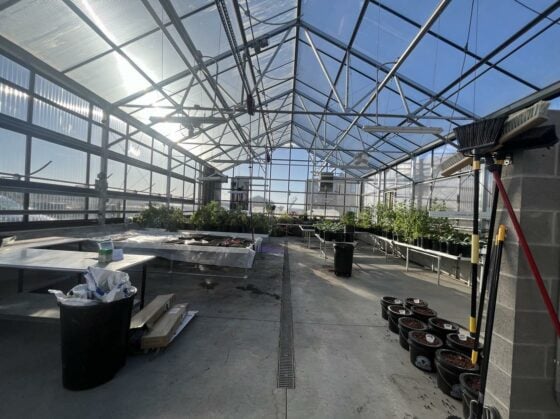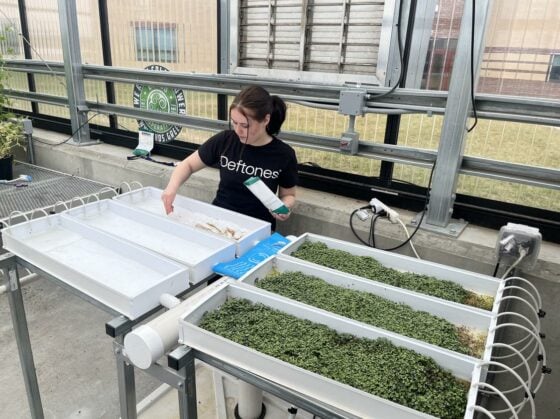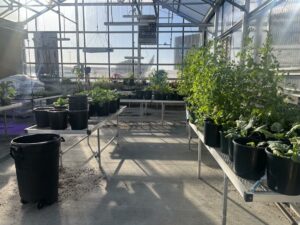Mauston School District has been awarded a USDA Farm to School Turnkey Edible Garden Grant. This grant is designed to enhance the local school food program. It aims to integrate local foods into school meals, curriculum, and extracurricular activities.
The grant funding supports the employment of a part-time Farm to School Coordinator, who oversees various initiatives within the district. Additionally, a student gardener assists in garden maintenance, and equipment for the greenhouse has been procured to facilitate taste testing activities and enhance educational experiences.
The project’s primary goal is to provide hands-on education opportunities for students across all grade levels. By introducing locally grown produce into the school food program, conducting taste tests, and engaging in after-school activities, students are encouraged to explore new foods and learn about healthy eating habits.
One of the highlights of the program is the successful integration of locally sourced ingredients into school meals. The initiative extends beyond the cafeteria, with the establishment of school garden facilities. These include raised beds, greenhouse, hydroponics, and aquaculture systems. These facilities not only supplement the school food program but also serve as valuable educational tools.
“We’ve been able to produce enough lettuce for a weekly harvest for the school lunch program,” said Jacqui Peyer, the Farm to School Coordinator. “Our goal is to expand our offerings to include a variety of vegetables that can be incorporated into school meals.”
The impact of the Farm to School program extends beyond the school walls. They also plan to establish community gardens and offer cooking classes to residents. The initiative has garnered positive feedback from the community, with plans for further expansion and engagement.
Looking ahead, Mauston School District aims to expand its initiatives. These include establishing an orchard behind the high school as well as hosting community events centered around local food, and integrating farm-to-school curriculum across all grade levels.
The recent reception of a $40,000 state grant will further bolster these efforts, ensuring sustained progress and community involvement.

